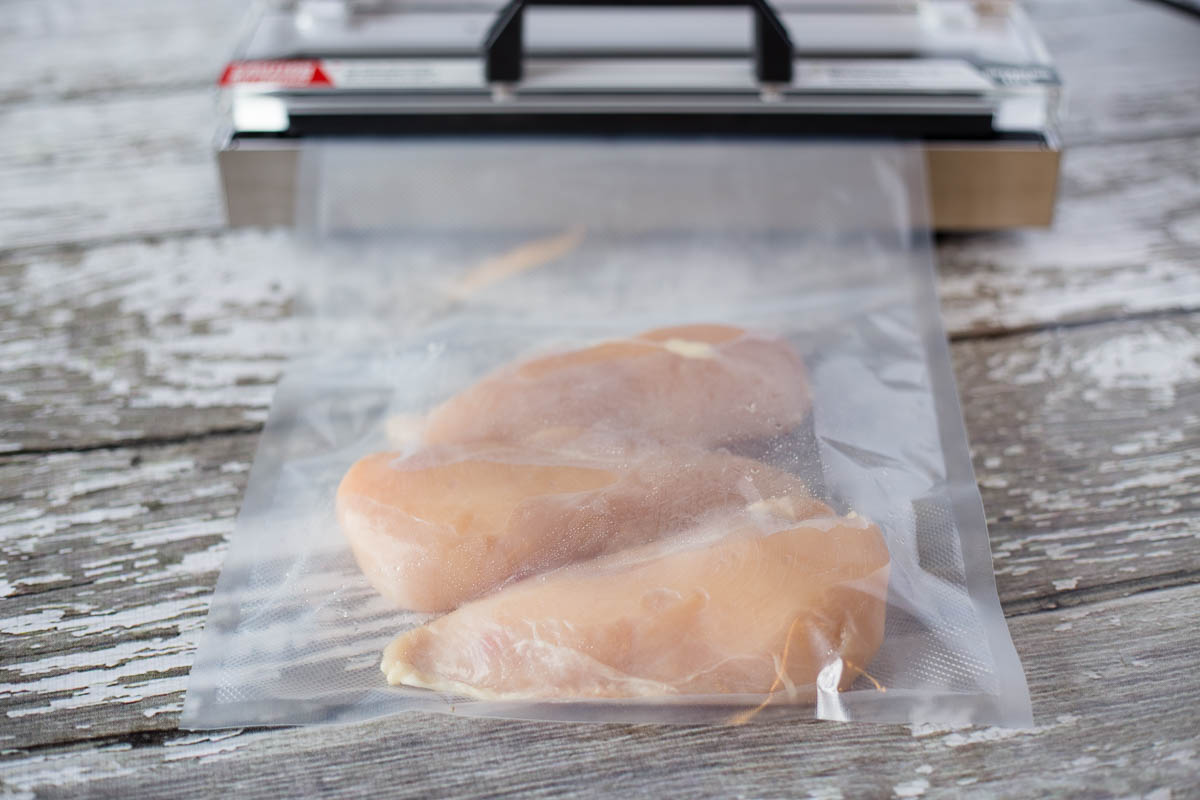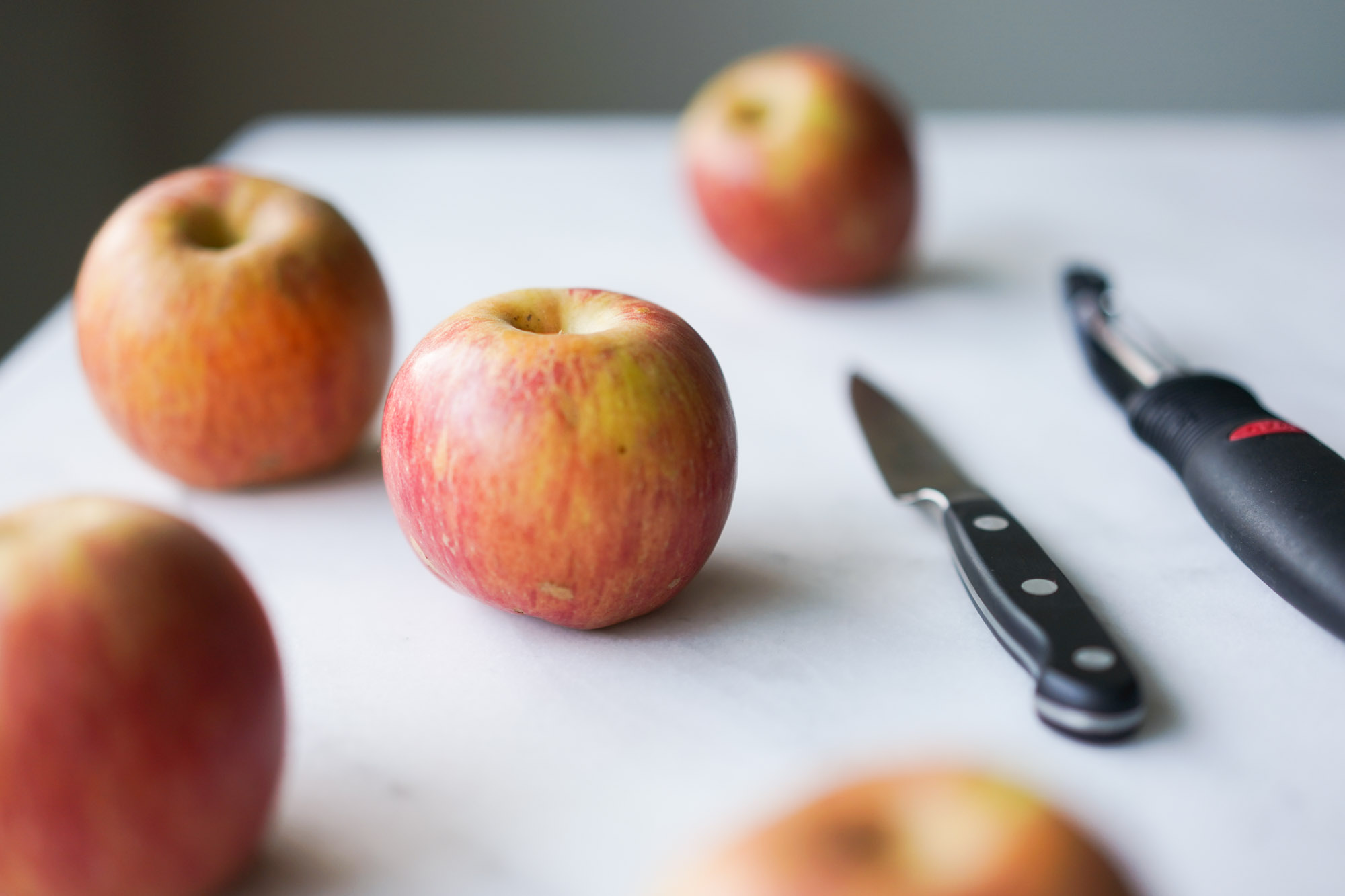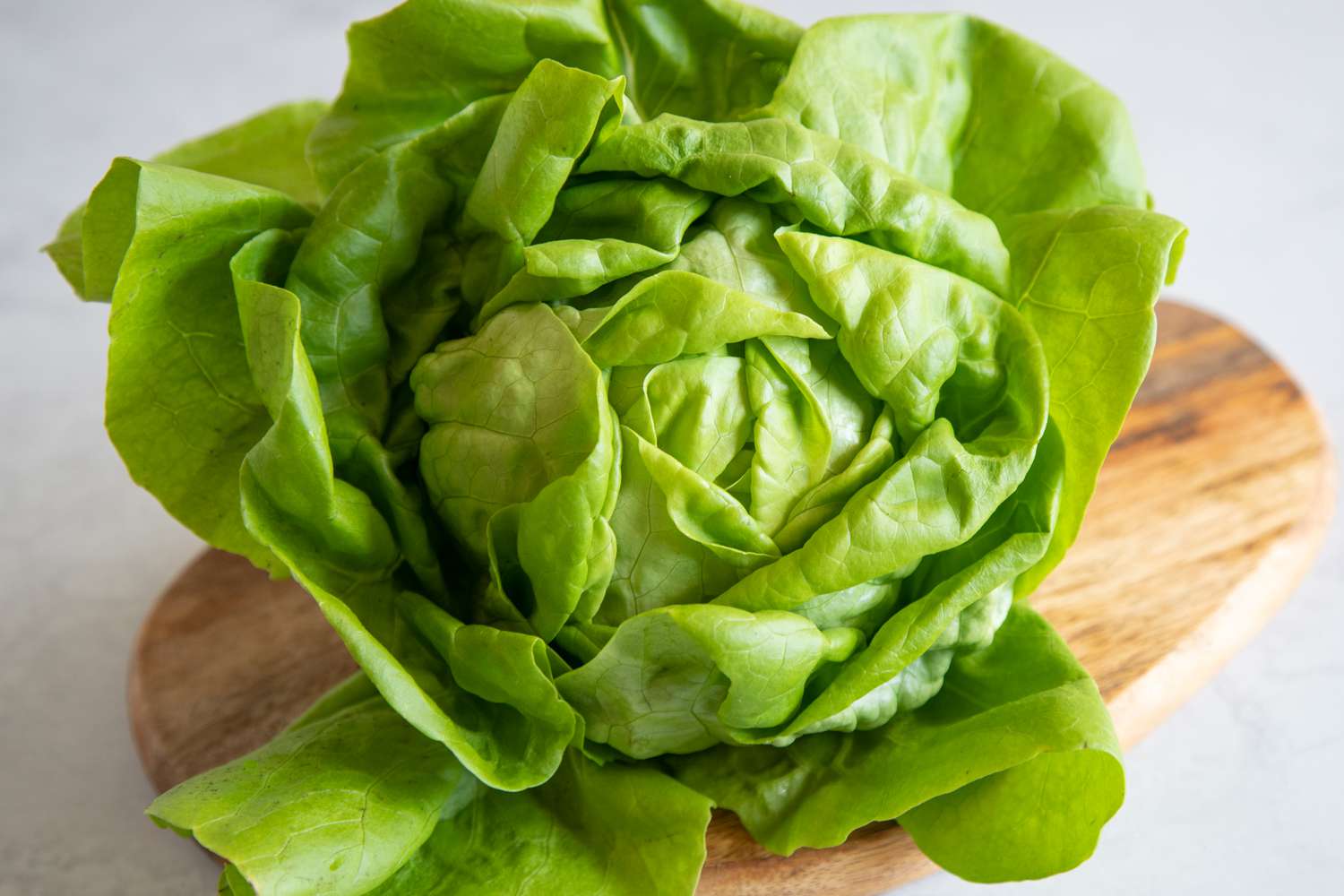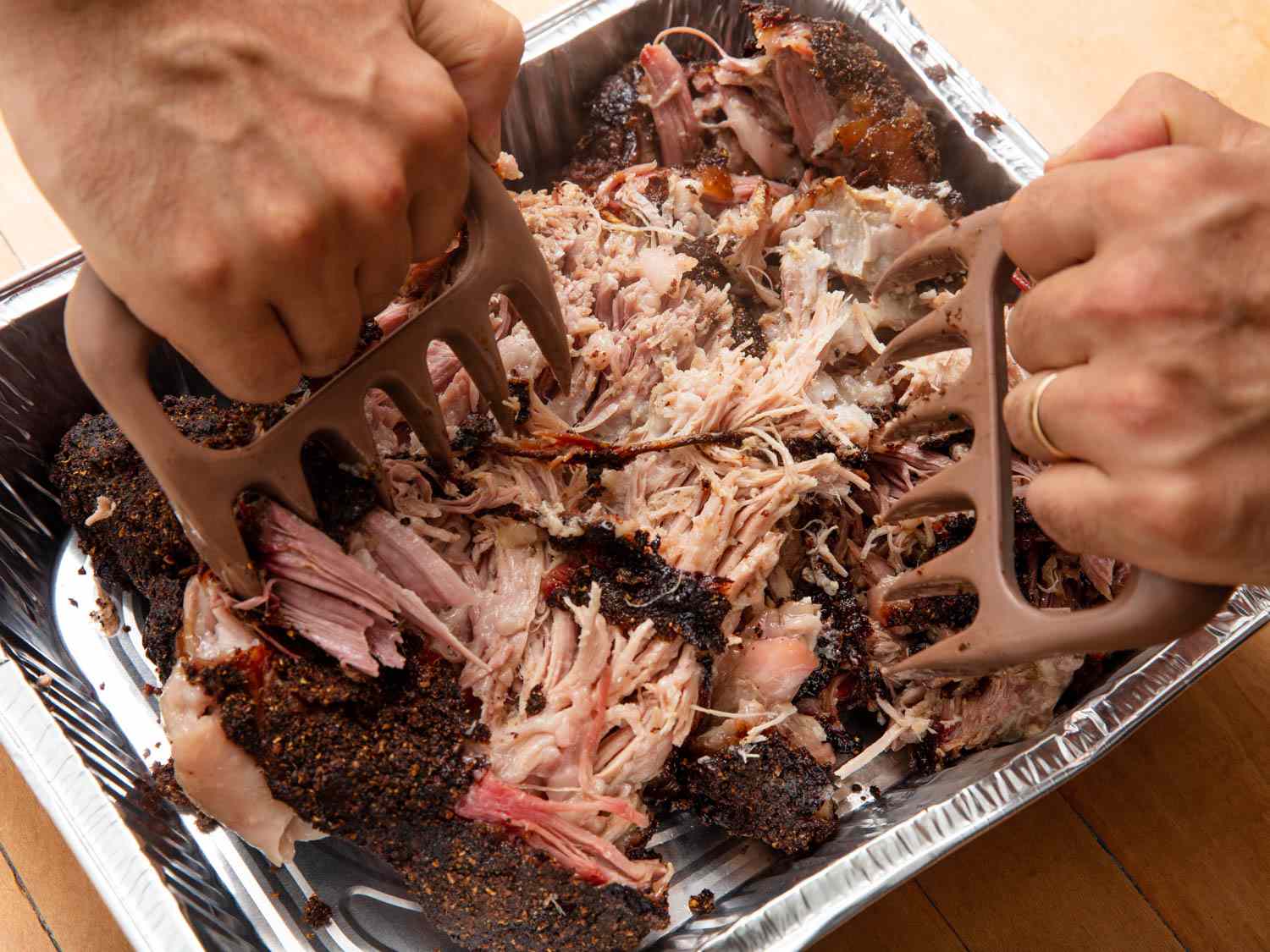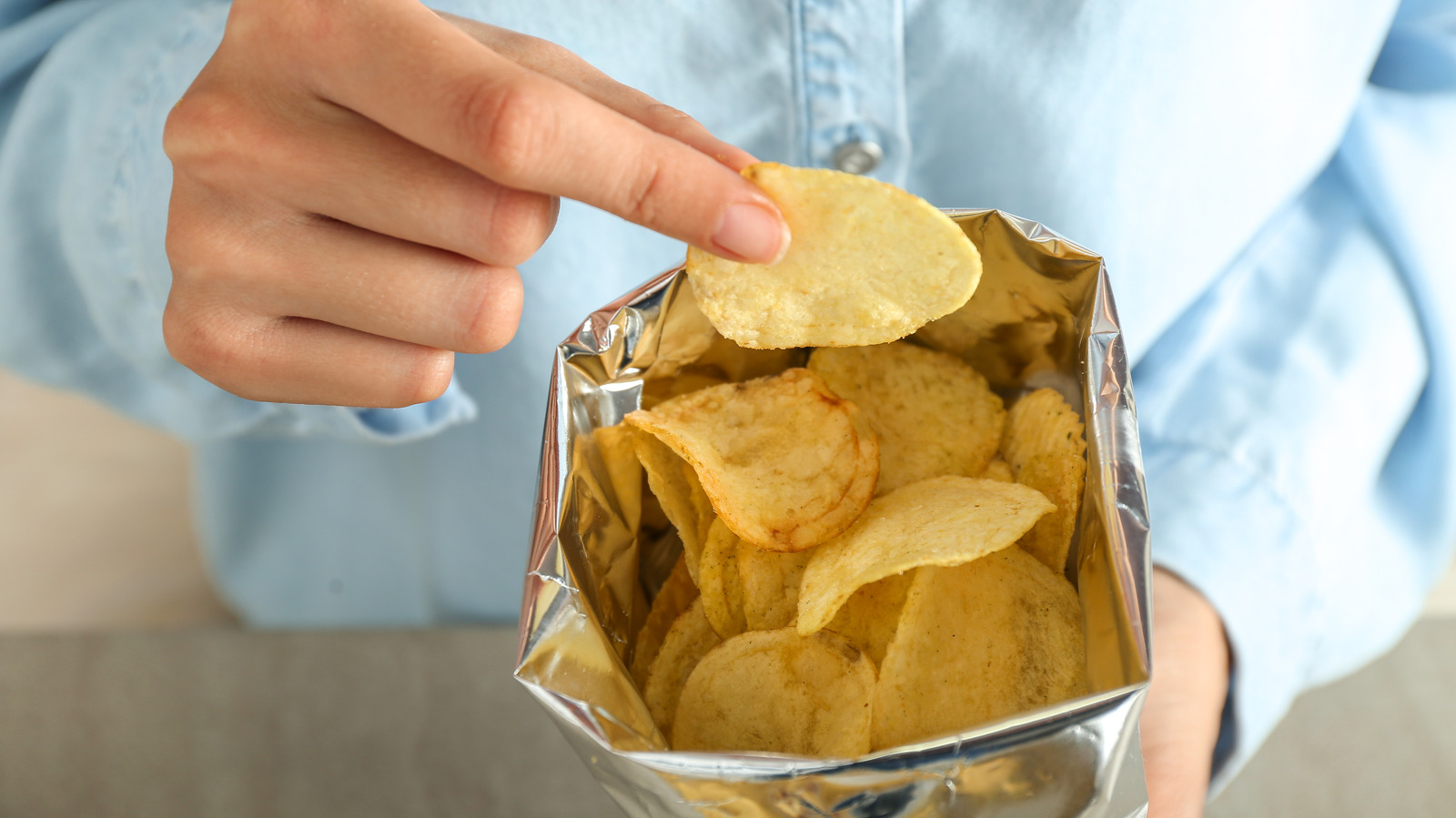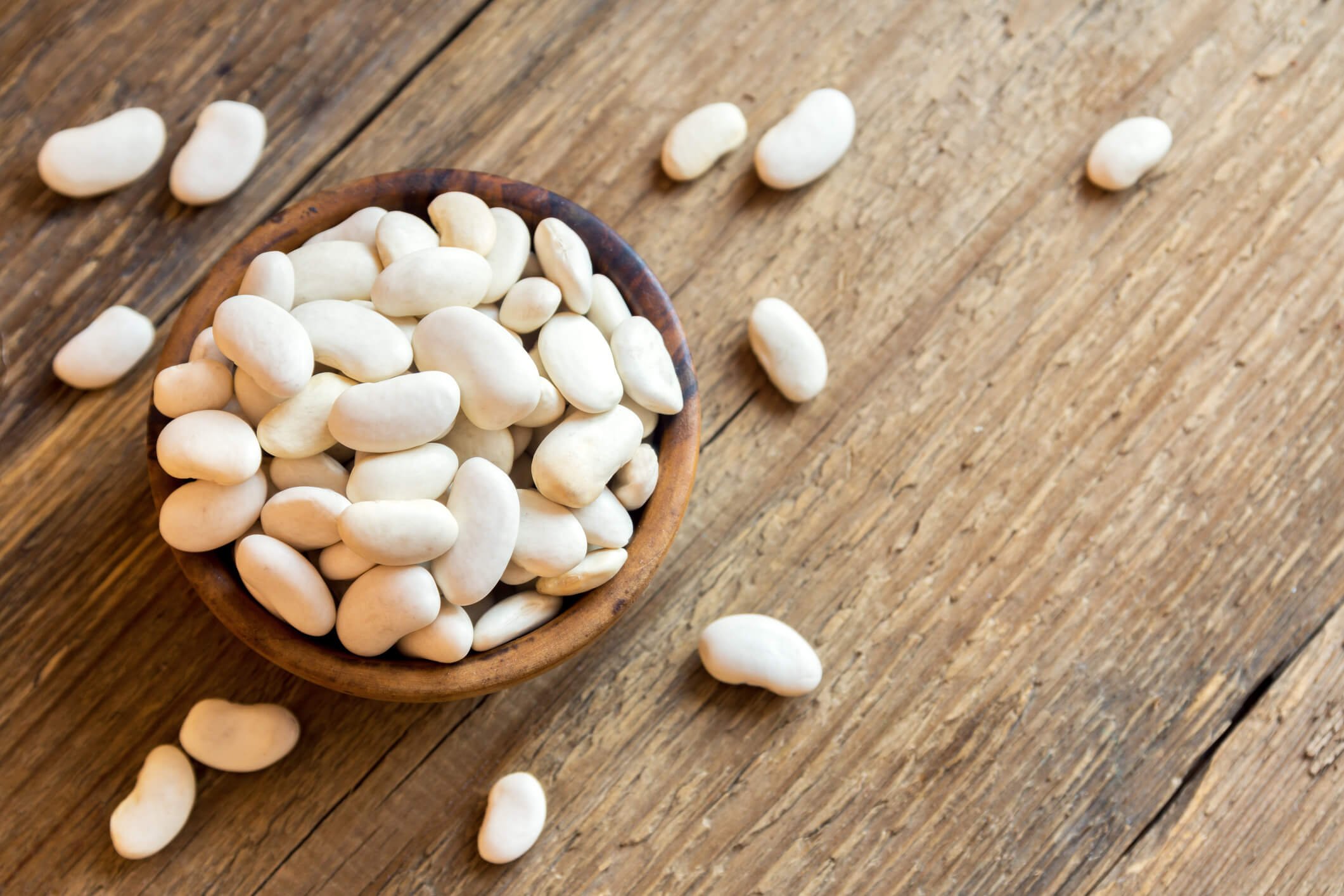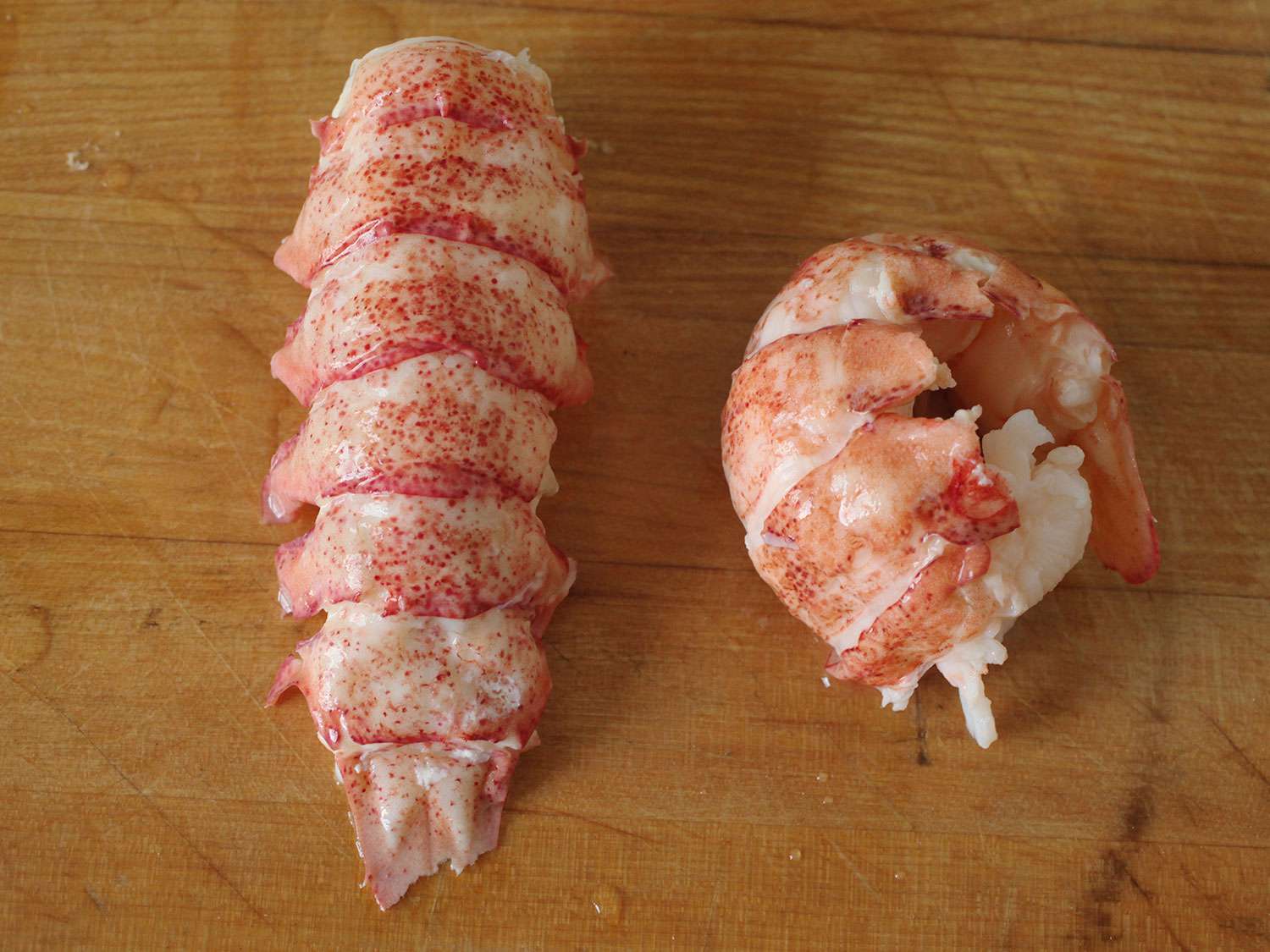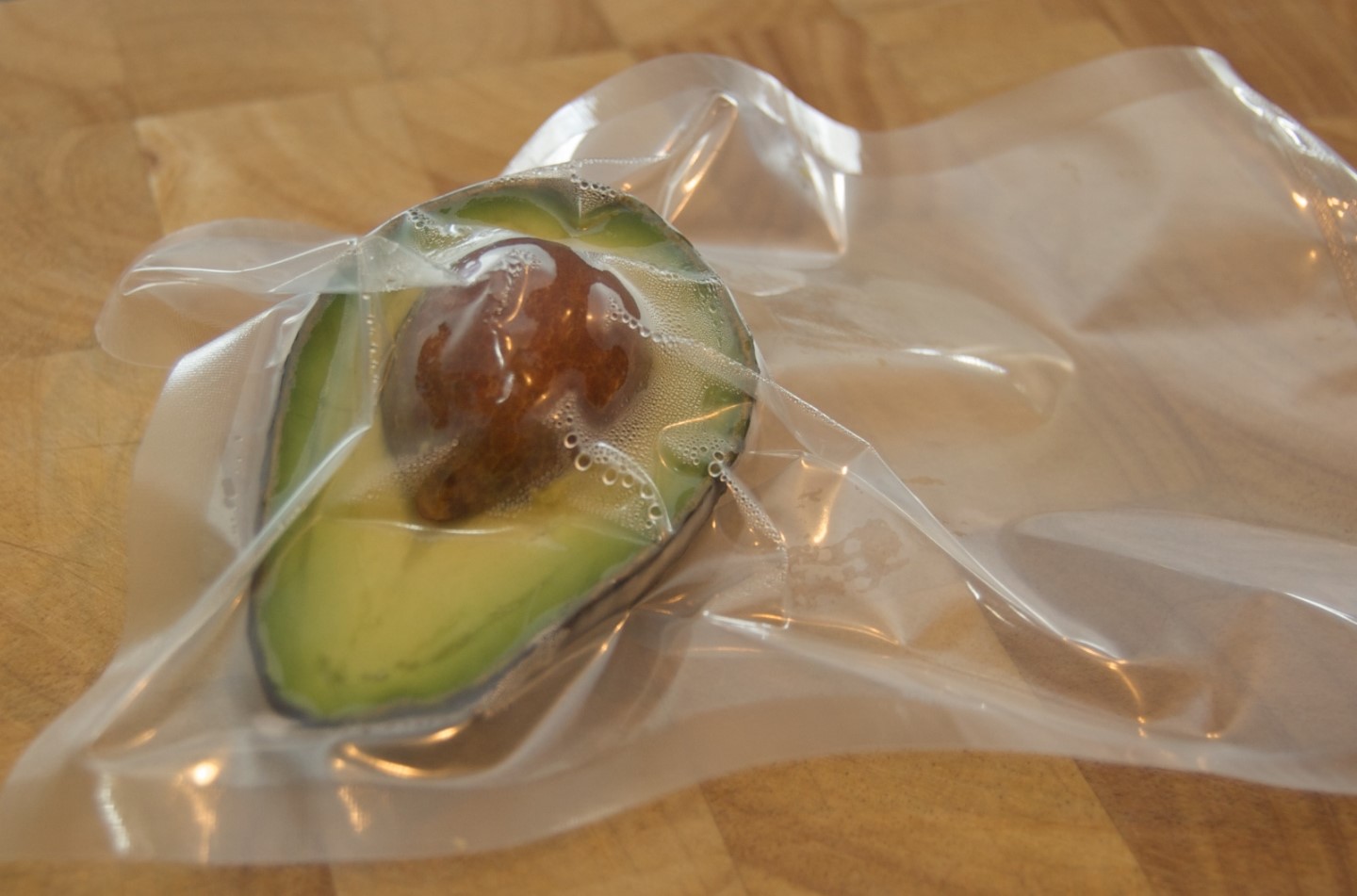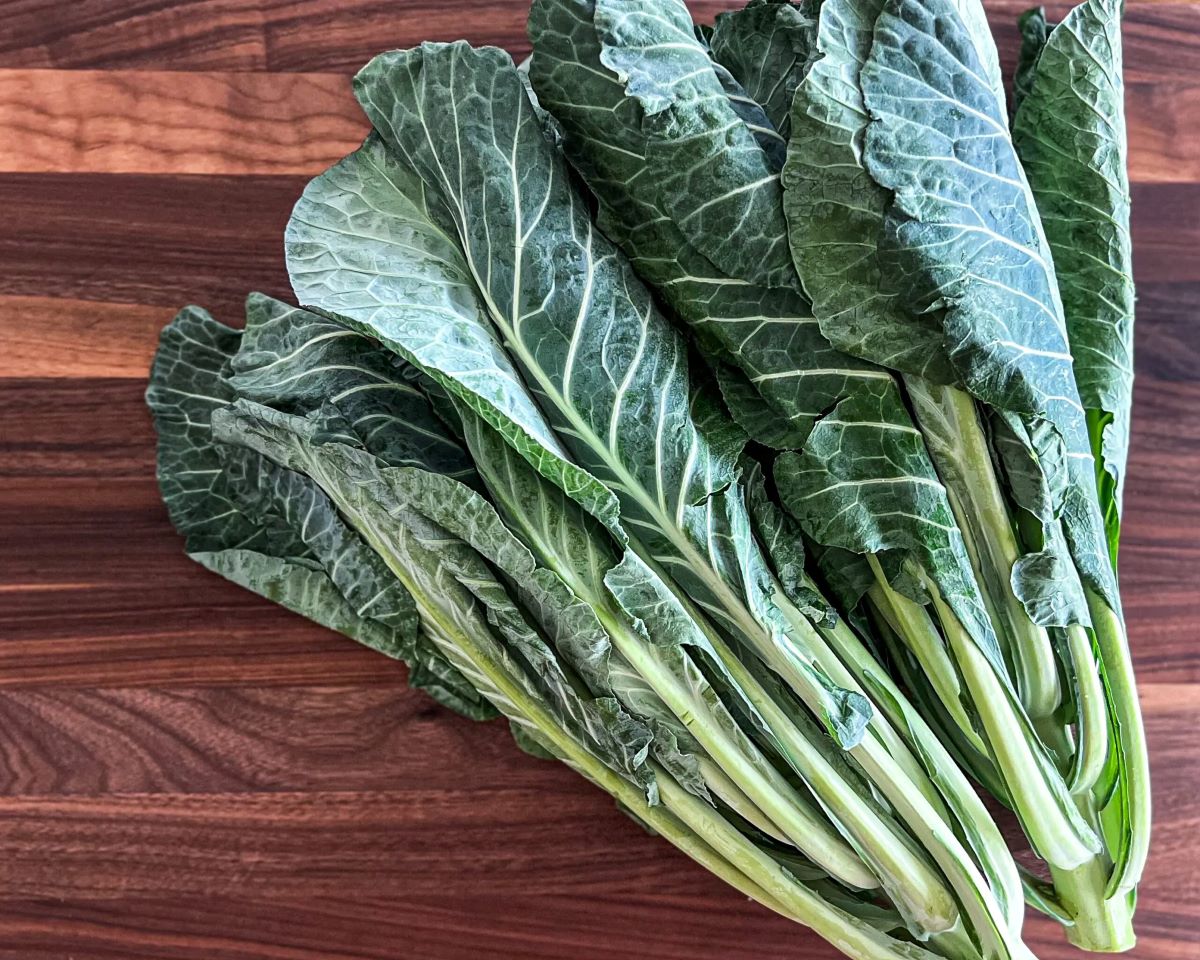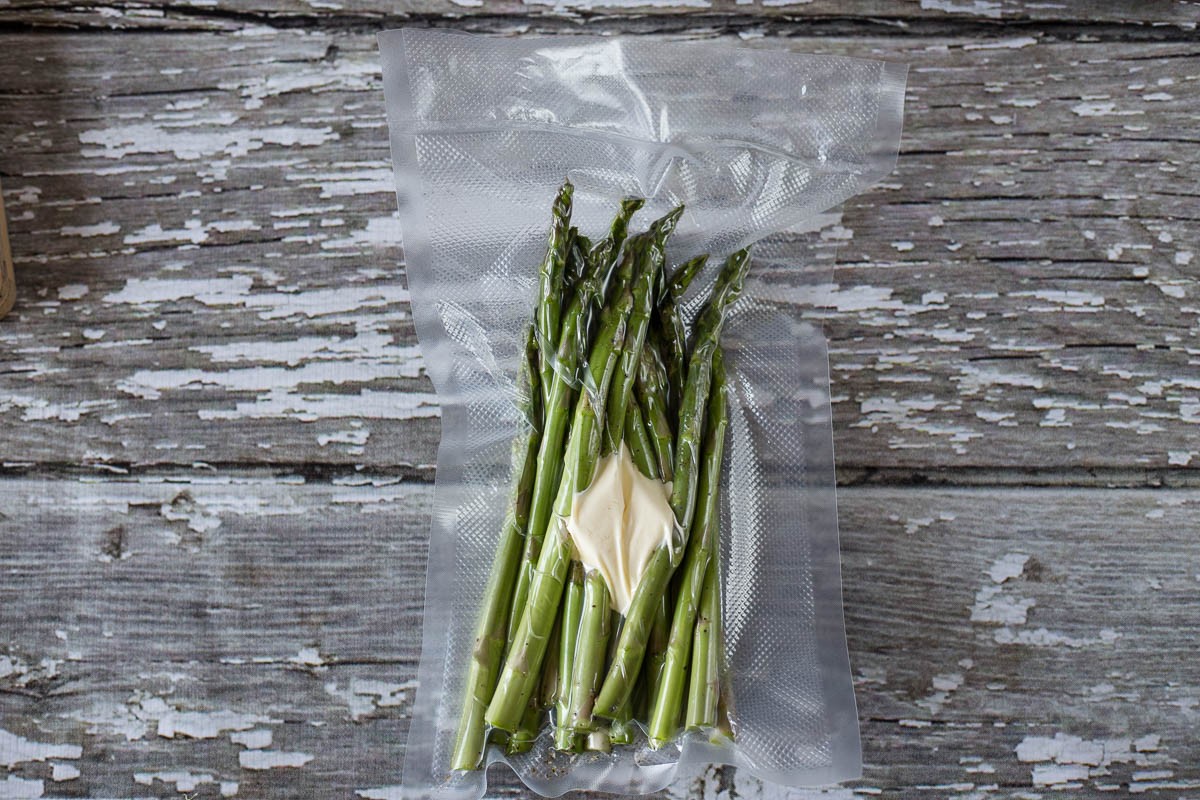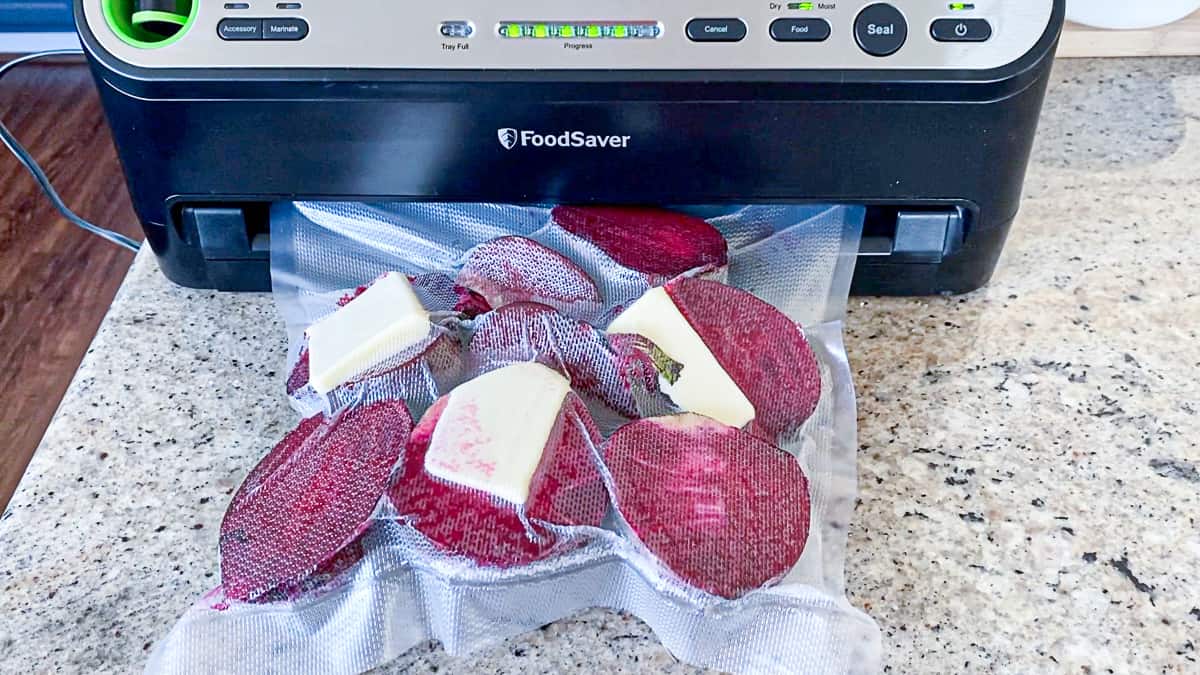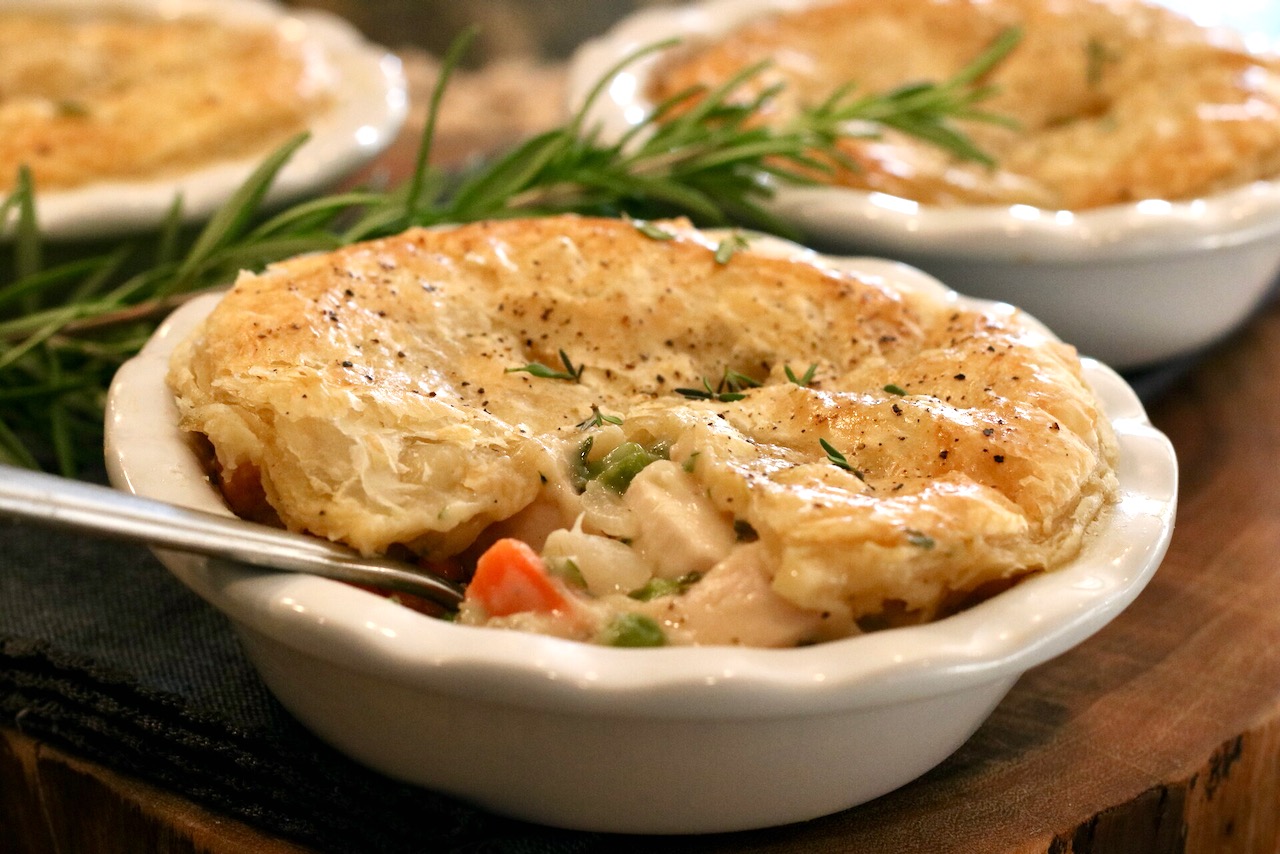Preserving Scallions with Vacuum Sealing
Scallions, also known as green onions, are a versatile and flavorful ingredient used in a variety of dishes. Whether you have an abundance of scallions from your garden or you simply want to extend their shelf life, vacuum sealing is an excellent way to preserve them for future use. In this guide, we’ll walk you through the steps to vacuum seal scallions so you can enjoy their fresh flavor for months to come.
Why Vacuum Seal Scallions?
Vacuum sealing is a popular method for preserving a wide range of foods, and scallions are no exception. By removing air from the packaging, vacuum sealing helps to slow down the oxidation and moisture loss that can cause scallions to spoil quickly. This means that vacuum-sealed scallions can maintain their flavor and texture for an extended period, making them a convenient ingredient to have on hand for cooking.
Steps to Vacuum Seal Scallions
Follow these simple steps to vacuum seal your scallions:
- Prepare the Scallions: Start by washing the scallions thoroughly to remove any dirt or debris. Pat them dry with a clean kitchen towel.
- Cut and Trim: Trim off the root ends of the scallions and any wilted or discolored parts. Cut the scallions into uniform lengths that will fit comfortably in your vacuum sealing bags.
- Choose the Right Bags: Select vacuum sealing bags or rolls that are suitable for use with moist foods. Ensure that the bags are sized appropriately for the amount of scallions you wish to seal.
- Seal the Bags: Place the prepared scallions into the vacuum sealing bags, leaving some space at the top for sealing. Use a vacuum sealer to remove the air from the bags and create a tight seal.
- Label and Store: Before placing the sealed bags in the freezer, be sure to label them with the date of sealing. Store the bags flat in the freezer to maximize space and allow for easy stacking.
Tips for Vacuum Sealing Scallions
Consider these tips to ensure successful vacuum sealing of your scallions:
- Use Fresh Scallions: For the best results, use fresh, crisp scallions that are free from any signs of spoilage.
- Avoid Overfilling: Be mindful not to overfill the vacuum sealing bags, as this can prevent a proper seal from forming.
- Remove Excess Moisture: If the scallions are particularly moist, you may want to pat them dry before vacuum sealing to prevent excess moisture from affecting the seal.
- Monitor Freezer Temperature: Ensure that your freezer is set to the appropriate temperature to maintain the quality of the vacuum-sealed scallions.
Using Vacuum-Sealed Scallions
Once your scallions are vacuum sealed and stored in the freezer, they can be conveniently used in various recipes without the need for thawing. Simply remove the desired amount of scallions from the sealed bag and reseal the remaining portion for future use. Vacuum-sealed scallions can be added directly to soups, stir-fries, omelets, and other dishes, providing a burst of fresh flavor.
In Conclusion
Vacuum sealing is an effective way to preserve the freshness of scallions, allowing you to enjoy their vibrant flavor and texture long after they are typically in season. By following the steps outlined in this guide and keeping a few key tips in mind, you can successfully vacuum seal scallions for convenient use in your favorite recipes. With vacuum-sealed scallions on hand, you’ll always have a flavorful ingredient ready to enhance your culinary creations.
For those learning how to vacuum seal scallions, there are several recipes they can try to put their newly acquired skill to good use. They can start with Scallion Pancakes, a crispy and flavorful dish that's perfect for any meal. Another great option is Scallion and Cheese Omelet, which combines the freshness of scallions with creamy cheese for a delightful breakfast. For a spread that's sure to impress, Scallion Cream Cheese Spread offers a delicious way to enjoy vacuum-sealed scallions. Scallion and Ginger Shrimp Stir-Fry is another fantastic recipe, combining aromatic scallions with the zest of ginger and succulent shrimp for a quick and tasty dinner. Lastly, Scallion and Bacon Quiche brings a savory and rich flavor profile, making it a hearty dish for brunch or dinner. These recipes not only showcase the versatility of scallions but also demonstrate how vacuum sealing can preserve their freshness and enhance their flavors.
Was this page helpful?
Read Next: How To Vacuum Seal Mushrooms
